Is Metal Gear cool as ever? Or a series that needs to evolve?
Remember when everyone wanted to be Solid Snake? The voice, the beard, the bandana, the attitude: he was the epitome of cool. Was.
Ground Zeroes--a hot, new slice of Hideo Kojima-style sneaking--is just around the corner, but is Metal Gear Solid the series it once was? Gaming has changed a lot since Solid Snake bid us adieu in 2008, and it makes me wonder whether the franchise, under Kojima’s guidance, has what it takes to stay relevant six years on.
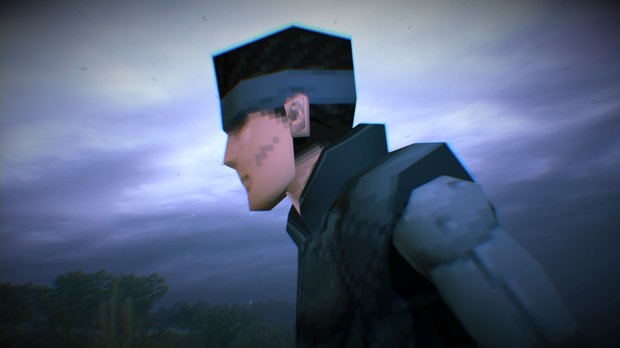
Kojima is a supremely talented individual who has delivered with Metal Gear ever since that first game took the world by storm back in 1987. The first ‘Solid’ game in 1998 was a huge moment in gaming history. His methods were fresh and his style of storytelling was wonderfully mad, punctuated with wry smiles and knowing winks.
With each subsequent Solid adventure however the Metal Gear mythology has grown more bloated and convoluted. The wry smiles are more forced, the winks look more like a twitch. As such, following the release of MGS4--which appeared a fitting end to the series in its current form--the Kojima style of storytelling has been met with its fair share of criticism.
Long-winded exposition, complicated webs of narrative, incoherent jargon and mammoth cut scenes are all stylistic signatures of Kojima and Metal Gear--but does that form part of MGS’s kitsch appeal or are modern gamers after something different? Gamers joke about these things, and there is still a great fondness for the series and its games, but appetite for Metal Gear has diminished over the years.
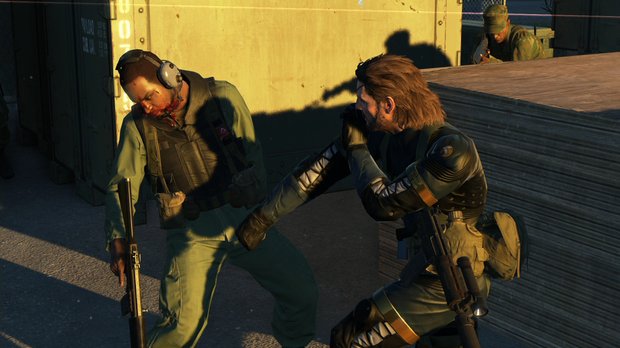
Why? For me there seems to have been something of a disconnect between Kojima and his fans. When The Phantom Pain was announced with an impressive, lengthy trailer we all knew exactly what it was despite the bizarre ‘mystery’ of Moby Dick Games and the assertion that it wasn’t actually a MGS game.
When it was eventually revealed to be MGS 5 the reveal had no weight because nobody bought the lie to begin with. That stumble was followed up with full blown, arse over tit tumble following the reveal of female character Quiet, who despite being a hardened soldier wears barely any clothes.
Sign up to the GamesRadar+ Newsletter
Weekly digests, tales from the communities you love, and more
As the issue of sexism in gaming reared its ugly--yet sadly relevant--head yet again, Kojima decided to make matters worse by stating plainly that he ordered designers to make Quiet ‘more erotic’ and that she was designed to sell action figures and ‘make you want to do cosplay’.
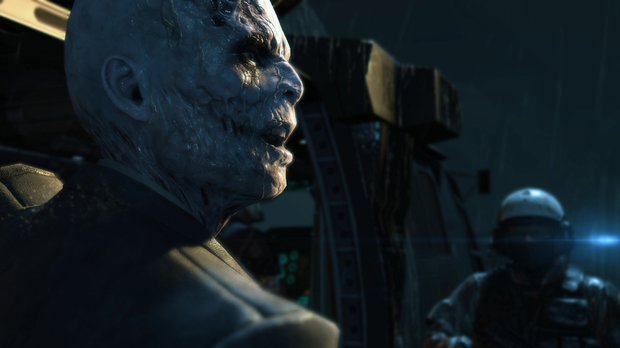
Attempting to clarify this by saying that Quiet’s state of dress would fit with her character and be addressed in the game fell on deaf ears. Of course, similarly sexed up women have featured throughout the series, but always closer to B-movie than porn movie.
Then there’s the small matter of replacing long-time Solid Snake and Big Boss voice actor David Hayter with big-name Kiefer Sutherland--one of the more unpopular decisions a game designer has made in recent years. In the eyes of fans it was a casting decision made due to Sutherland’s headline-grabbing name, and as far as fan-backlash is concerned, it was another example of misstep in the build up to the new game. However, it is an attempt to evolve the series. Perhaps not one that fans necessarily wanted, but it does demonstrate a willingness to change, and that's encouraging.
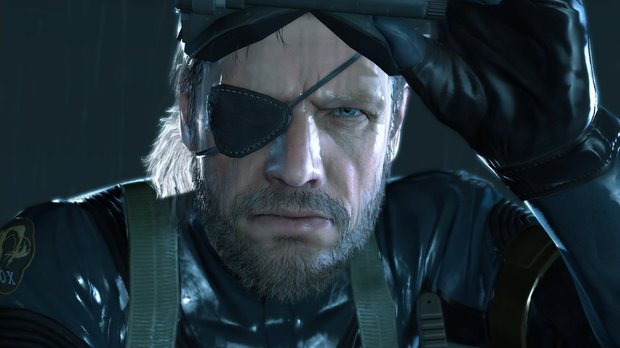
It’s also no secret that Hideo Kojima wants to move on and make something different--he’s been saying it since Sons of Liberty after all. In a recent interview with Game Informer he brought the subject up again: “To be honest, I've actually wanted to do something similar just to change it. I don't know if the Metal Gear brand sometimes is a bit heavy to carry. The franchise is difficult to handle. But so far I've had no success [in passing the torch].”
He tried to pass the torch during the development of Metal Gear Solid: Rising, but was unsatisfied with the progress being made, eventually handing the game over to Platinum Games who turned the concept into 2013’s Metal Gear Rising: Revengeance.
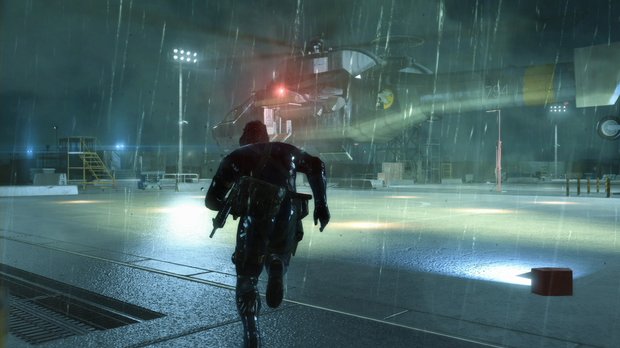
The troubled development indicates a perfectionist streak in Kojima. It’s understandable, given that MGS is his baby, but if at the same time he wants to move on then that’s a contradiction that needs addressing. It certainly must be a difficult series for anyone to carry, but would a fresh perspective from a new lead director be so bad? Metal Gear Solid’s success was born from a time in which games were capitalising on their fancy new third dimension and big releases were still emulating their Hollywood cousins.
Metal Gear Solid did that best, and with each game since the franchise has increasingly, gleefully toed the line between AAA video game and tongue-in-cheek Hollywood wannabe. Ground Zeroes and The Phantom Pain will likely be great games and for many that will be all that counts--there’s nothing wrong with that either. However over the years the story of MGS has become more insular with each instalment.
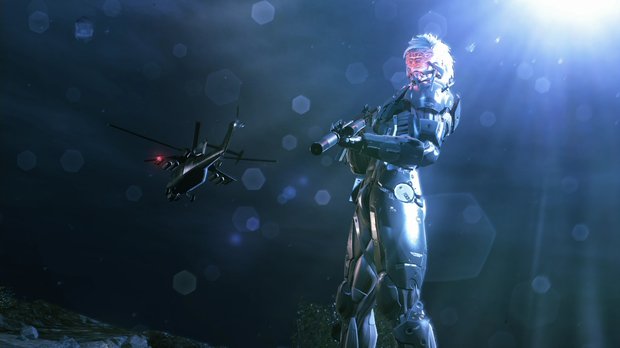
In this post-The Last of Us world, gamers want characters, not caricatures. Leading men and women like Ellie, Joel, Assassin’s Creed’s Ezio, Red Dead Redemption’s John Marston, The Walking Dead’s Lee Everett and BioShock Infinite’s Elizabeth are becoming more commonplace.
Metal Gear Solid doesn’t have to be as serious or as tragic as Naughty Dog’s horror classic, but it needs to adapt to fit in with the demands of modern console gamers. There’s nothing wrong with 80s-infused macho themes, but now would be an excellent time for the series to modernise. I for one, hope that it does.



